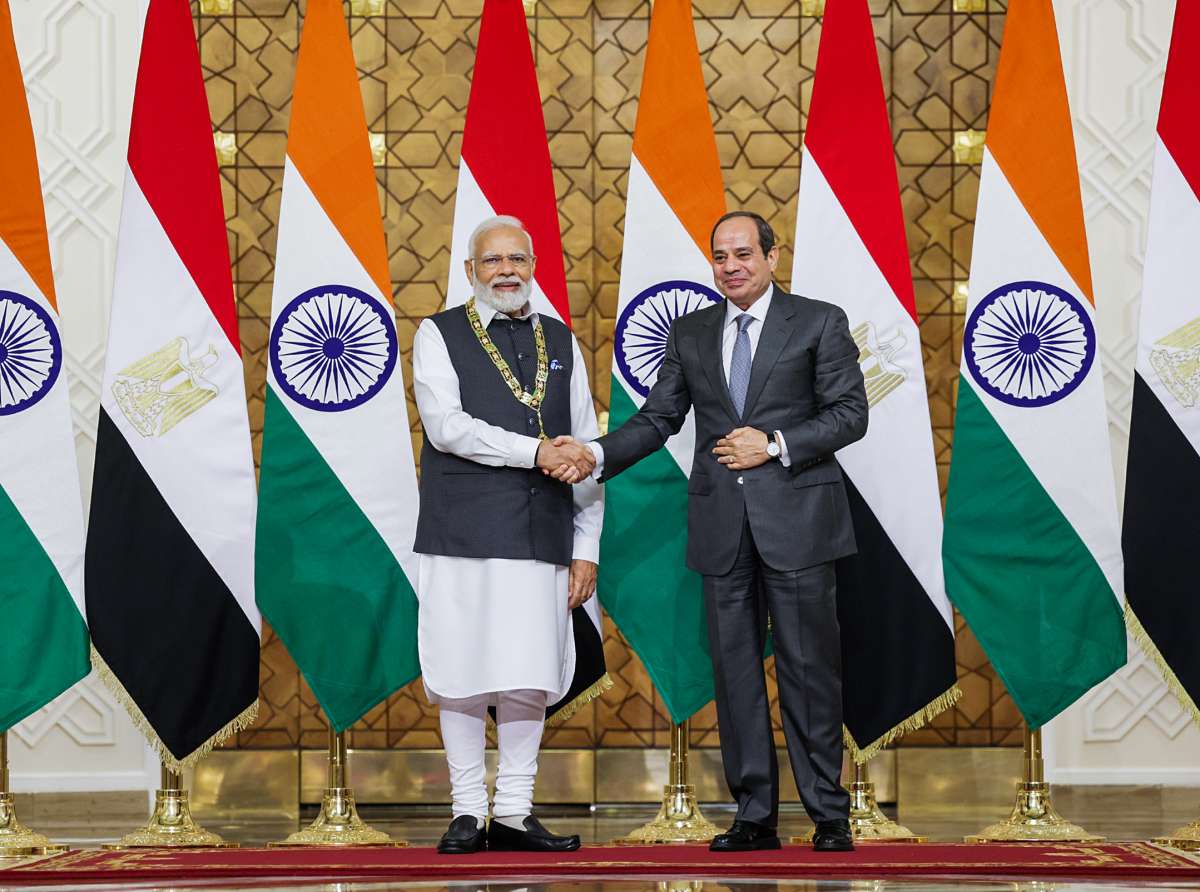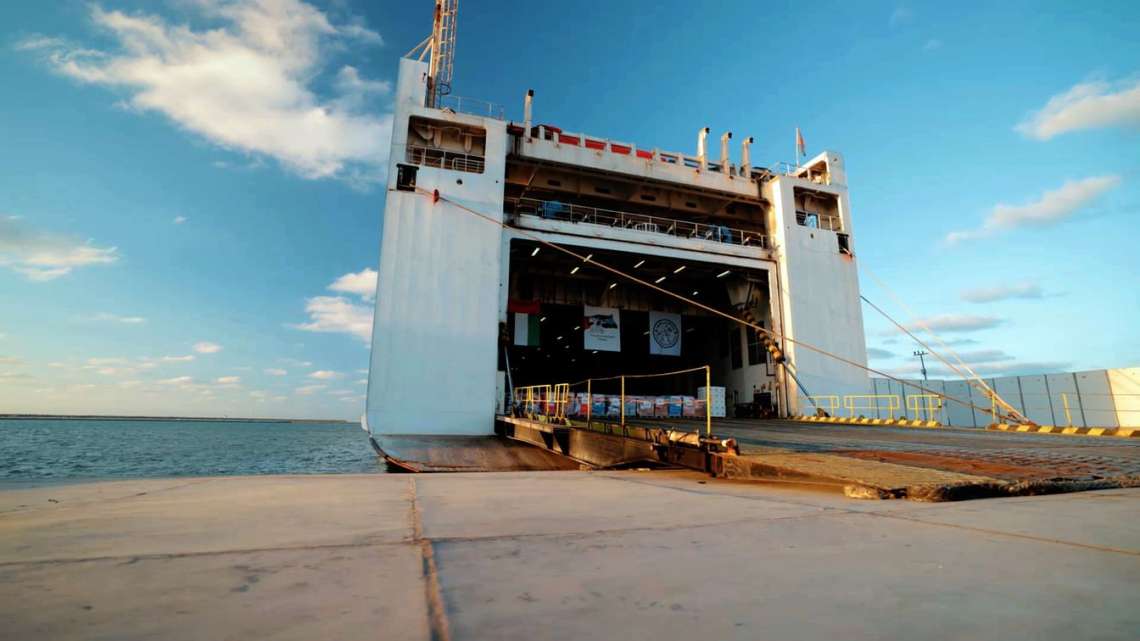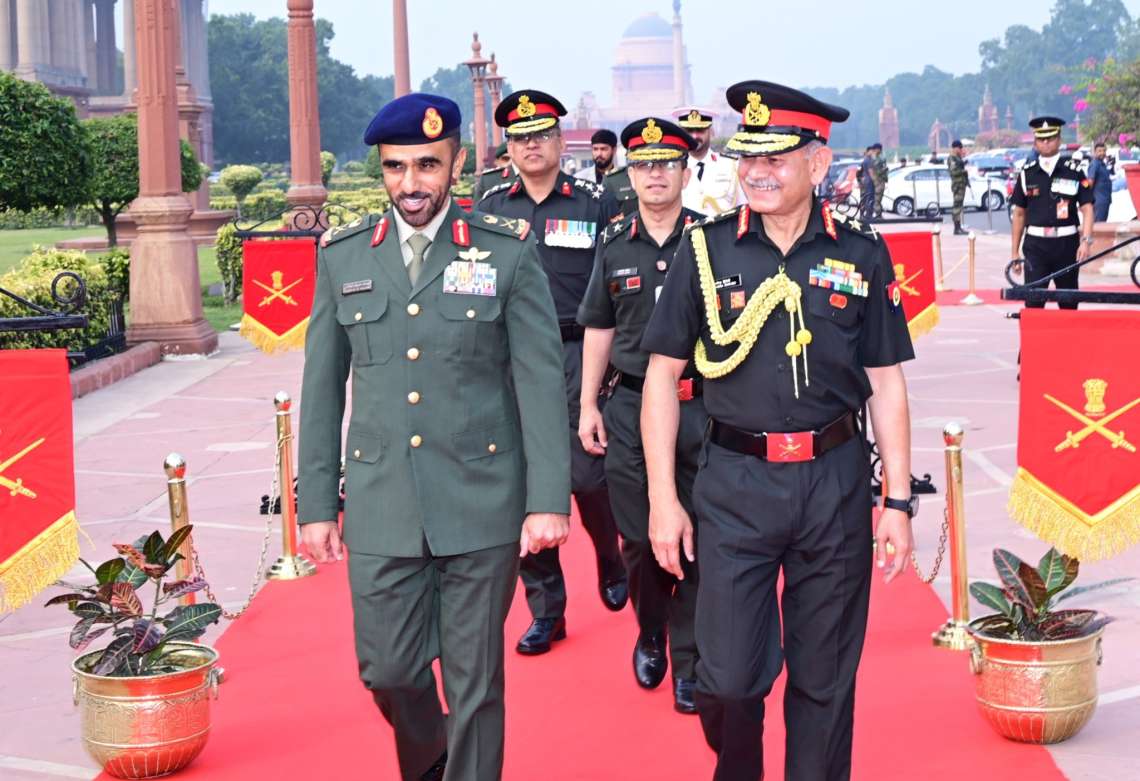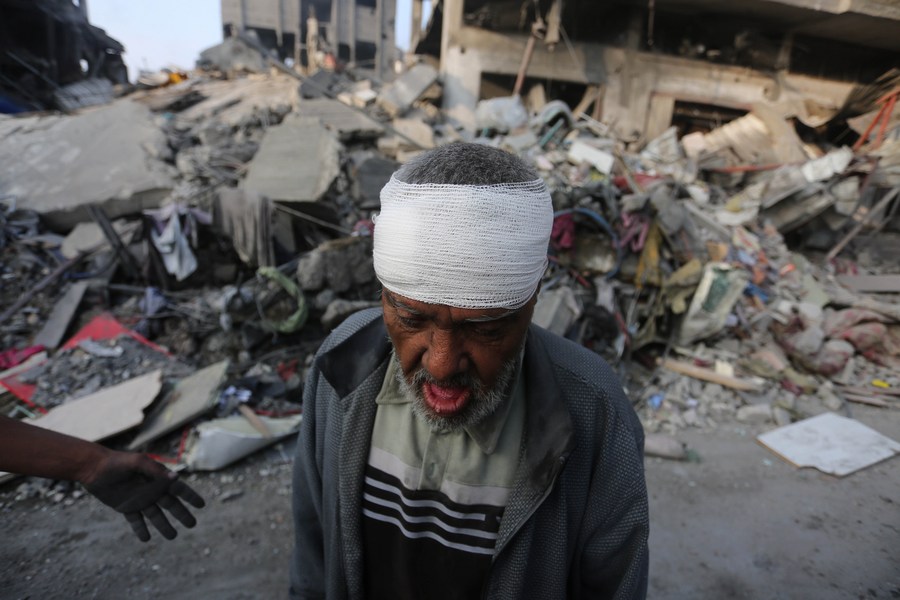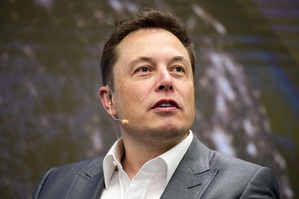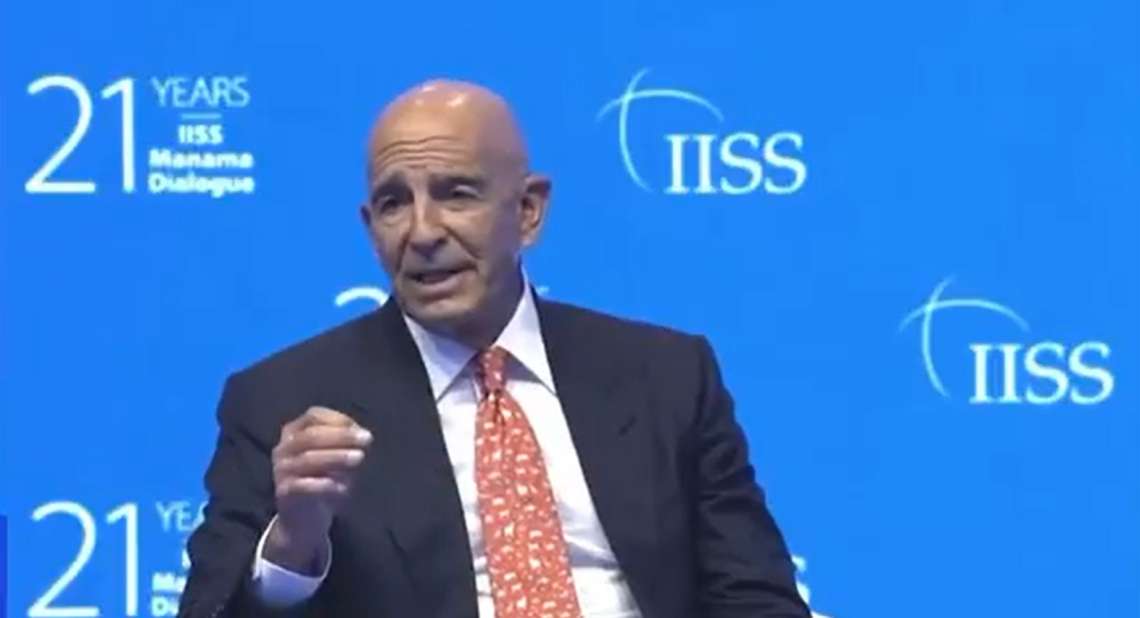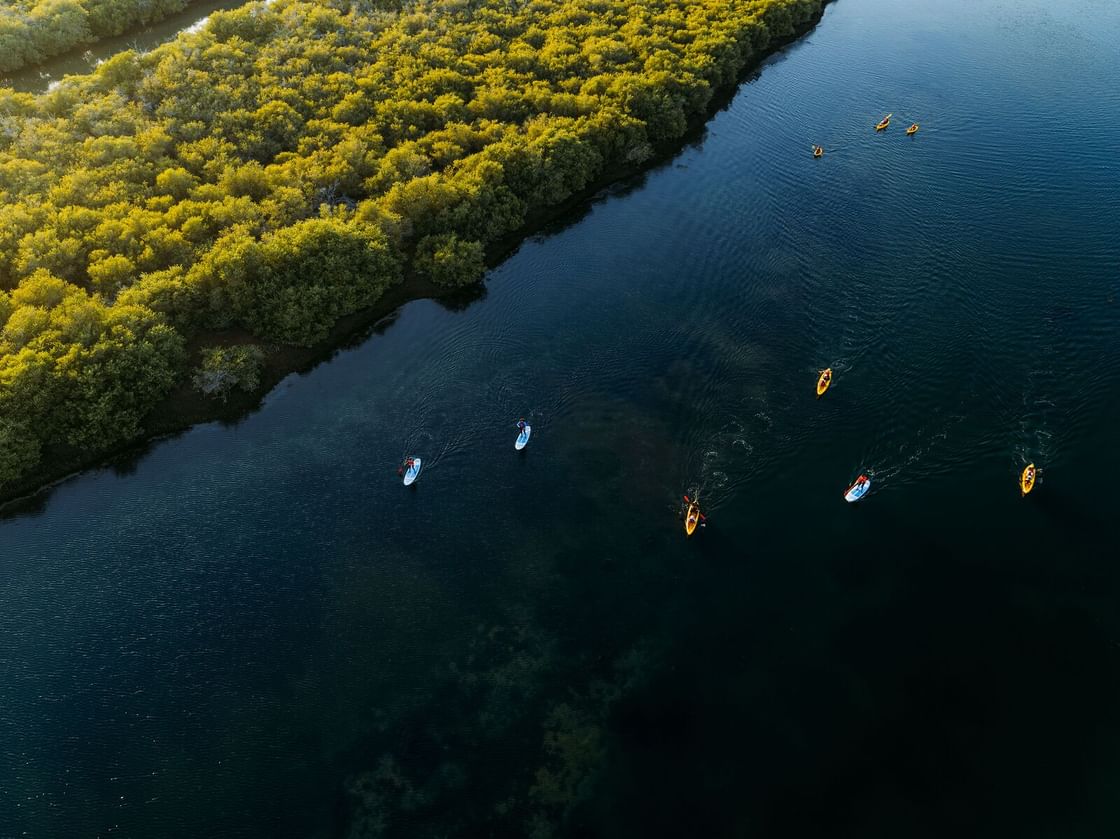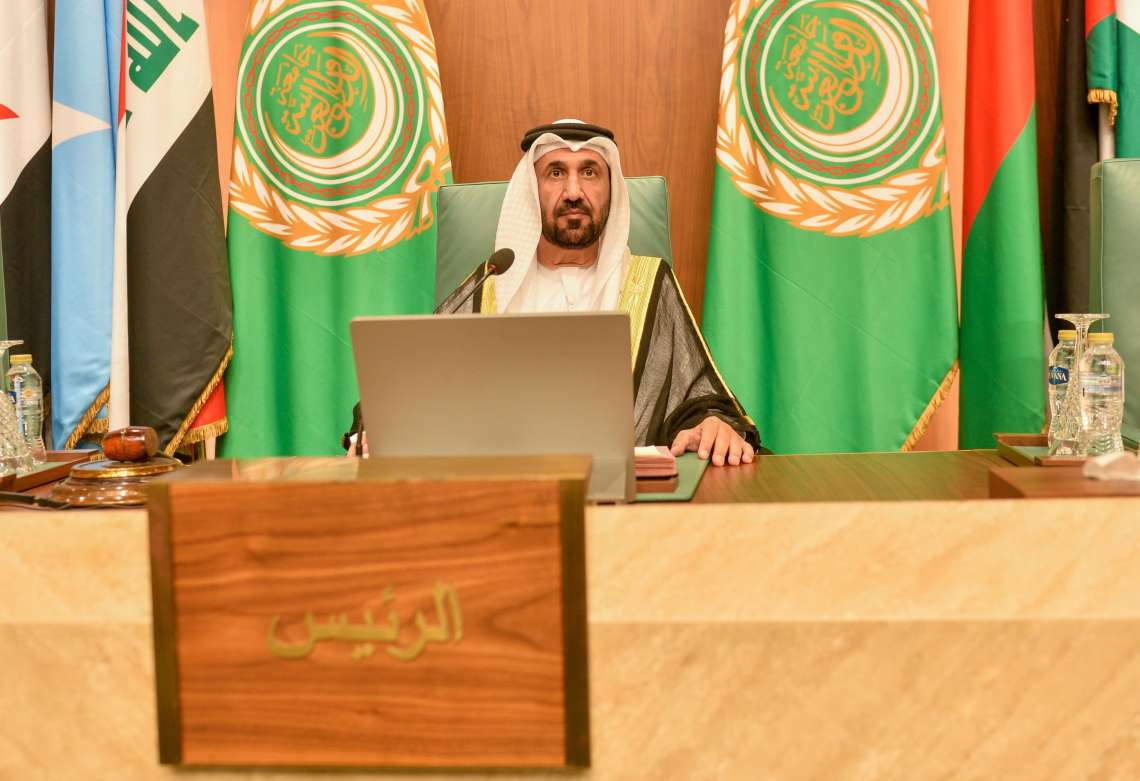The spokesman explained that during the call, al Sisi stressed Egypt’s continued efforts to coordinate regional and international efforts to push for a ceasefire….reports Asian Lite News
Prime Minister Narendra Modi and Egypt President Abdel Fattah al-Sisi exchanged views on the latest developments in the “Israeli military operations in the Gaza Strip” and the danger of continuing the current escalation, the Spokesman for the Egyptian Presidency said in a Facebook post on Saturday.
The spokesman explained that during the call, al Sisi stressed Egypt’s continued efforts to coordinate regional and international efforts to push for a ceasefire.
“President Abdel Fattah El-Sisi received a phone call from Narendra Modi, Prime Minister of India, in which views were exchanged between the two leaders on the latest developments in the Israeli military operations in the Gaza strip, and the danger of continuing the current escalation, whether due to its grave effects on the lives of civilians, or the threat it poses to security,” the rough translation of the spokesperson’s post read.
He added that President Al Sisi also cautioned against the potentially disastrous humanitarian and security effects of the ground assault on the Gaza Strip.
“President stressed Egypt’s continued efforts to coordinate regional and international efforts to push for a ceasefire, warning for dangerous repercussions, humanitarian and security, of the ground attack on the Gaza strip, and stressing the necessity of Unified International Action to find an immediate solution to the situation. The diplomatic level includes implementing an immediate humanitarian truce that preserves the lives of civilians and allows humanitarian aid to enter the Strip immediately and without interruption or obstruction, in line with the
United Nations General Assembly’s resolution in this regard was issued yesterday evening, October 27,” the spokesperson said.
The two leaders also affirmed their satisfaction with the distinguished level of bilateral relations and the strategic partnership between Egypt and India.
“Their determination to continue leading the institutions of the two countries towards further enhancing joint cooperation between the two friendly countries,” he added.
Over the weekend, on Saturday and Sunday, a total of 34 trucks transported much-needed supplies, including food, water, medications, and medical equipment from Egypt to Gaza via the Rafah crossing.
The convoy on Sunday underwent additional security inspections, as confirmed by a security official speaking to CNN.
Despite these efforts, human rights organisations have expressed concerns that insufficient aid has reached the Palestinian enclave.
UN experts declared Israel’s actions in Gaza to be tantamount to crimes against humanity on Thursday. With Israel’s border crossings closed to Gaza, the Rafah crossing connecting Egypt and Gaza remains the only viable route for delivering aid to the Palestinian enclave, CNN reported.
Meanwhile, the humanitarian aid sent by India for the people of Palestine arrived in Egypt on Sunday last week, according to the Ministry of External Affairs.
The Indian envoy to Egypt, Ajit Gupte handed over the relief material to the Egyptian Red Crescent for onward transmission to Palestine.
“India’s humanitarian aid for the people of Palestine arrives in Egypt. Amb @indembcairo
@AjitVGupte handed over the relief material to the Egyptian Red Crescent for onward transmission to Palestine,” the official spokesperson of MEA, Arindam Bagchi posted on social media platform X. (ANI)
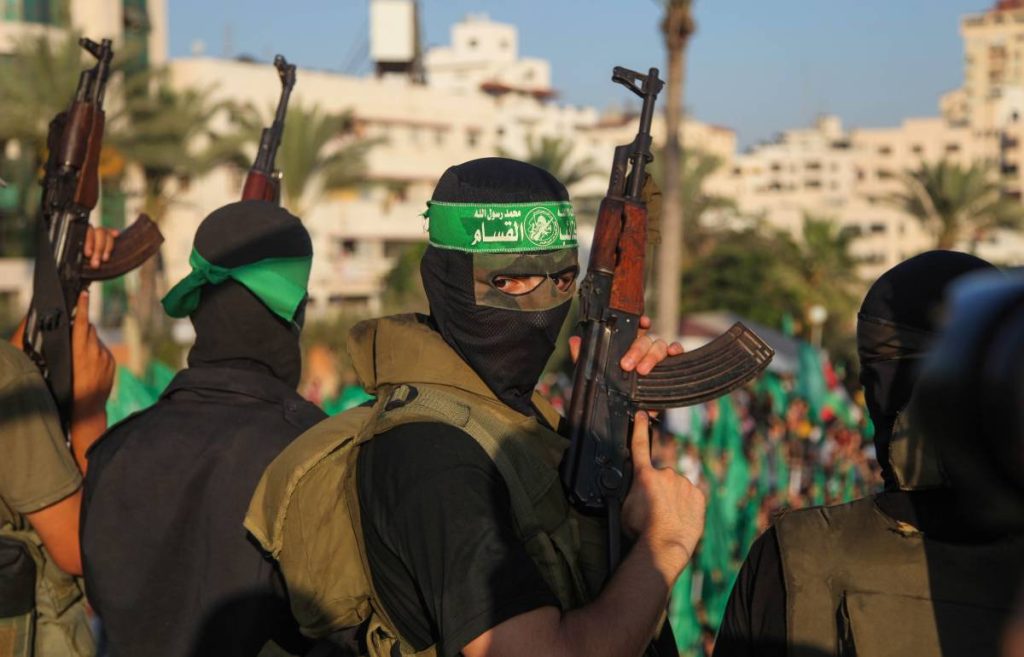
India push for explicit condemnation of Hamas attacks at UN
Even as India was among the countries that abstained from voting for a non-binding Jordanian resolution, it voted in favour of a Canada-led amendment to the draft resolution on the Gaza crisis which failed to pass at the UNGA as it did not achieve a two-thirds majority.
Canada proposed an amendment to the resolution drafted by Jordan, which originally called for unhindered humanitarian access in the Gaza Strip but did not condemn terror organisation Hamas. Canada’s proposed amendment sought to insert a paragraph condemning the ‘terrorist attacks by Hamas.’
India abstained from voting on the Jordanian resolution which called for an “immediate, durable and sustained humanitarian truce” between Israeli forces and Hamas terrorists in Gaza. However, it is pertinent to note that India was in favour of the Canadian resolution which condemned the terrorist attacks by Hamas.
The Jordanian-led draft resolution was adopted by the General Assembly, with 120 votes in favour, 14 against and 45 abstentions. The 45 nations that abstained from voting on the resolution included Iceland, India, Panama, Lithuania and Greece.
The resolution was adopted during the UN General Assembly’s emergency special session on the Israel-Palestine crisis. The UNGA also demanded “continuous, sufficient and unhindered” provision of lifesaving supplies and services for civilians trapped inside the enclave.
The Canada-led amendment to the draft resolution on the Gaza crisis did not pass at the UNGA. It failed to achieve a two-thirds majority. An amendment proposed by Canada “unequivocally rejects and condemns the terrorist attacks by Hamas” in Israel which started on October 7 and the taking of hostages.
During the voting on the Canada-led amendment to the draft resolution, 88 voted in favour of the amendment, 55 voted against the amendment and 23 abstained from voting. The nations that voted in favour of the amendment included India, Australia, US, UK, Austria and Ukraine.
Meanwhile, expressing deep concerns over the deteriorating security situation and the astounding loss of civilian lives in the ongoing conflict between Israel and Hamas, India at the UN urged both parties to “de-escalate, eschew violence.”
India’s Deputy Permanent Representative to the United Nations Yojna Patel on Friday (local time) in her remarks at the United Nations General Assembly Emergency Special Session on the Israel-Hamas war said, “India is deeply concerned at the deteriorating security situation and the astounding loss of civilian lives in the ongoing conflict. The escalation of hostilities in the region will only exacerbate the humanitarian crisis. It is necessary for all parties to display the utmost responsibility.”
She noted that India has always supported a “negotiated two-state solution to the Israel-Palestine.” Patel said that India urges the parties to de-escalate, eschew violence and work towards creating conditions for an early resumption of direct peace negotiations.
“India has always supported a negotiated two-state solution to the Israel-Palestine issue leading to the establishment of a sovereign, independent and viable state of Palestine living within secure and recognized borders side by side in peace with Israel. For this, we urge the parties to de-escalate, eschew violence and work towards creating conditions for an early resumption of direct peace negotiations,” Yojna Patel said.
“We hope that the deliberations of this assembly will send a clear message against terror and violence and expand prospects for diplomacy and dialogue while addressing the humanitarian crisis that confronts us,” she added.

